Joanna Kolodziej
Performance Modelling of Deep Learning on Intel Many Integrated Core Architectures
Jun 04, 2019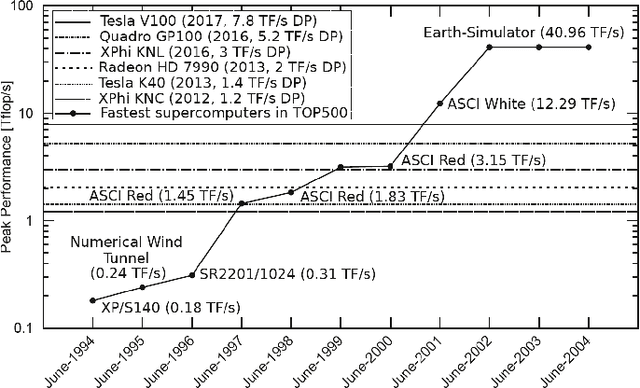
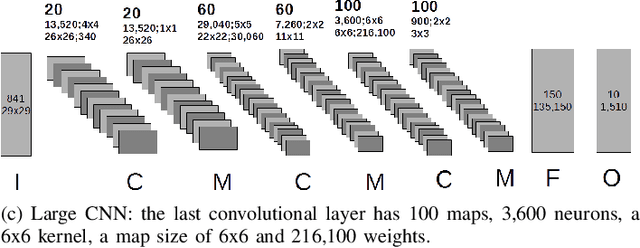
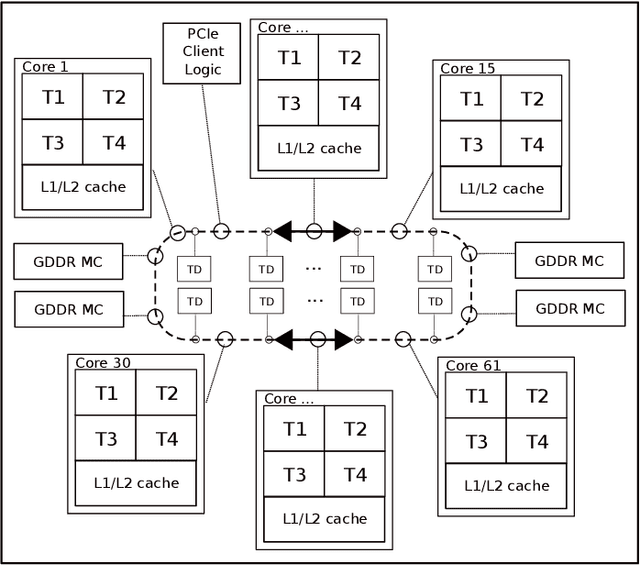
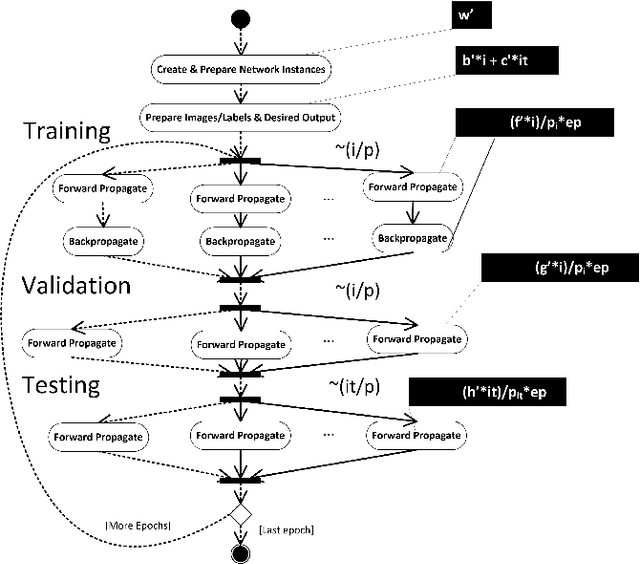
Abstract:Many complex problems, such as natural language processing or visual object detection, are solved using deep learning. However, efficient training of complex deep convolutional neural networks for large data sets is computationally demanding and requires parallel computing resources. In this paper, we present two parameterized performance models for estimation of execution time of training convolutional neural networks on the Intel many integrated core architecture. While for the first performance model we minimally use measurement techniques for parameter value estimation, in the second model we estimate more parameters based on measurements. We evaluate the prediction accuracy of performance models in the context of training three different convolutional neural network architectures on the Intel Xeon Phi. The achieved average performance prediction accuracy is about 15% for the first model and 11% for second model.
Customizing Pareto Simulated Annealing for Multi-objective Optimization of Control Cabinet Layout
Jun 04, 2019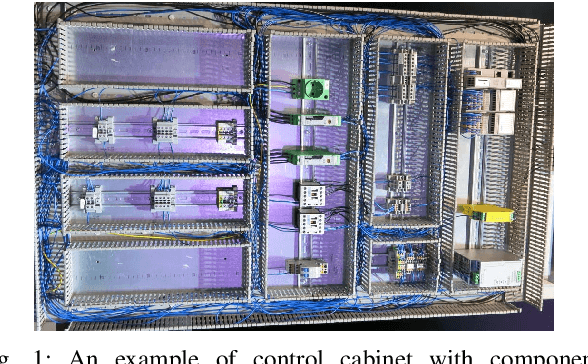
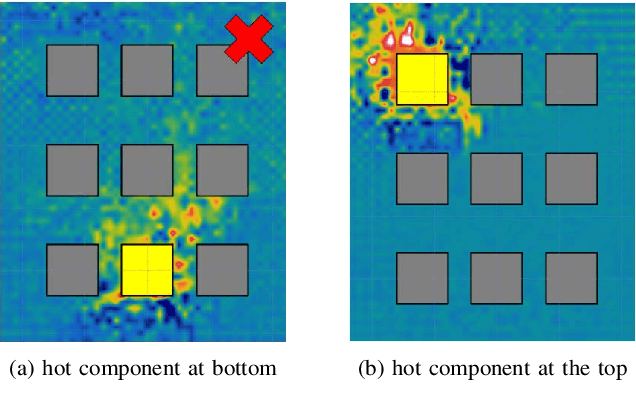
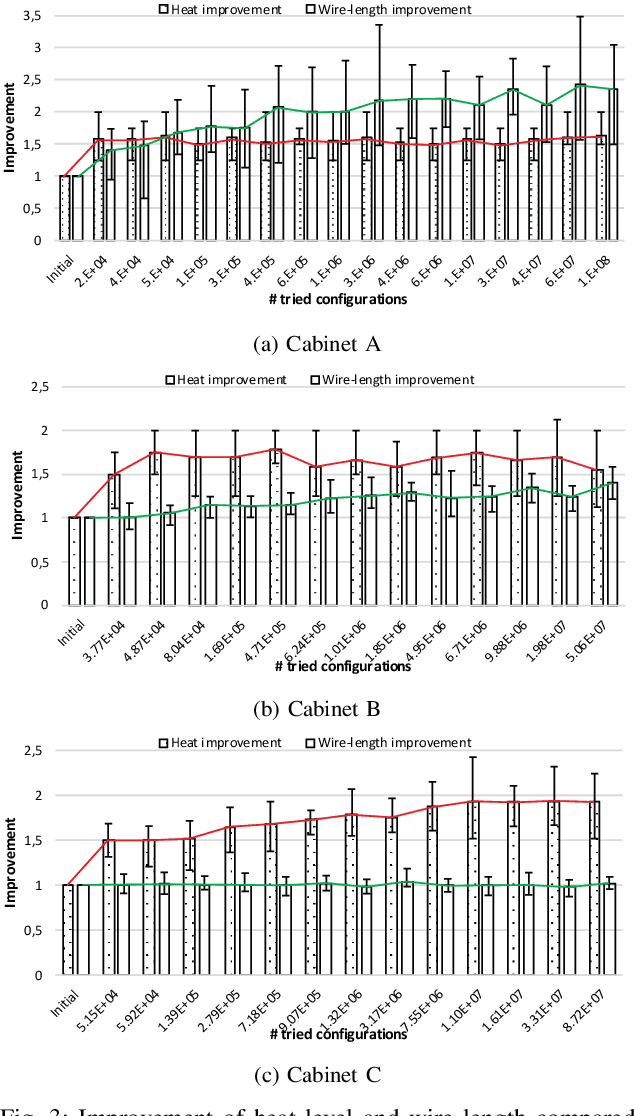
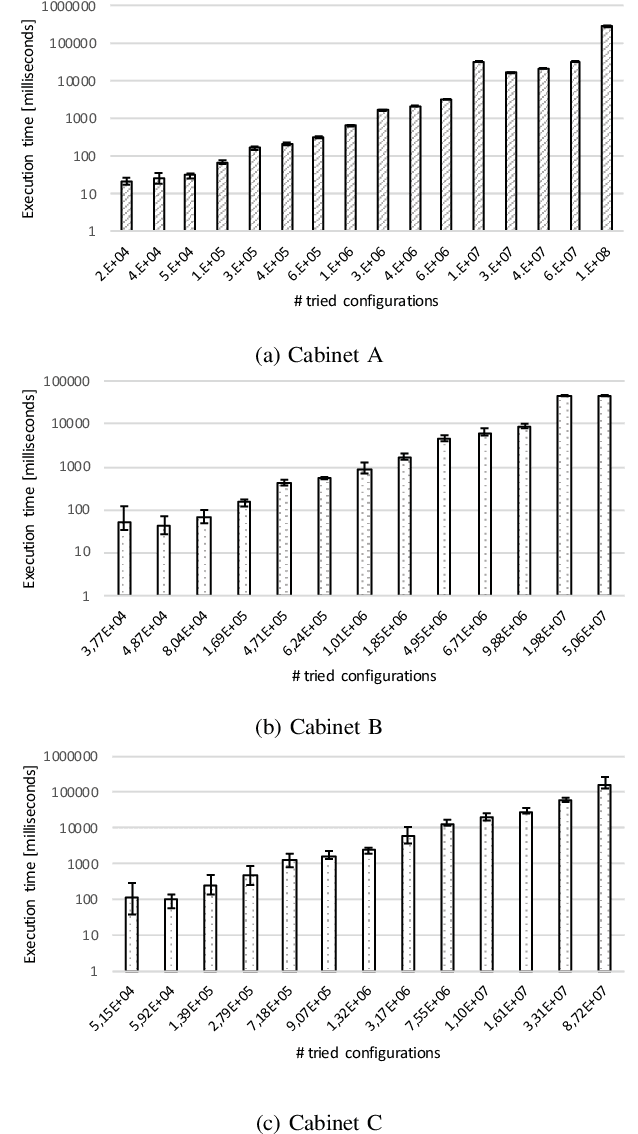
Abstract:Determining the optimal location of control cabinet components requires the exploration of a large configuration space. For real-world control cabinets it is impractical to evaluate all possible cabinet configurations. Therefore, we need to apply methods for intelligent exploration of cabinet configuration space that enable to find a near-optimal configuration without evaluation of all possible configurations. In this paper, we describe an approach for multi-objective optimization of control cabinet layout that is based on Pareto Simulated Annealing. Optimization aims at minimizing the total wire length used for interconnection of components and the heat convection within the cabinet. We simulate heat convection to study the warm air flow within the control cabinet and determine the optimal position of components that generate heat during the operation. We evaluate and demonstrate the effectiveness of our approach empirically for various control cabinet sizes and usage scenarios.
 Add to Chrome
Add to Chrome Add to Firefox
Add to Firefox Add to Edge
Add to Edge